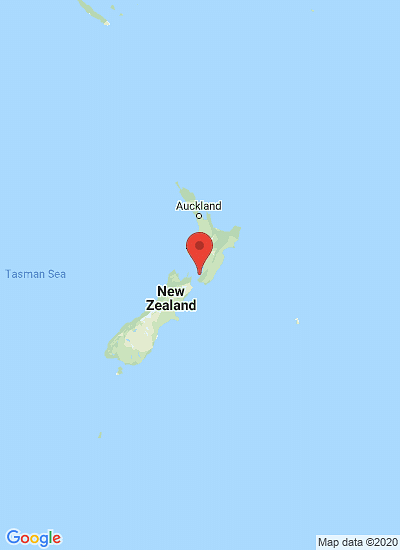In seven years, a tiny sap-sucking insect called the tomato-potato psyllid (TPP) has caused major damage in the potato industry in New Zealand.
Research conducted by the Bio-Protection Research Centre at Lincoln University, using the southern ladybird as a biological control agent, has shown the predator to be voracious and effective at reducing tomato-potato psyllid numbers on glasshouse potatoes. On Wednesday 13 March, the first batch of these potent predators will be released on an organic potato crop in Hororata, as research moves from the lab to the field.
The TPP, native to central America, is a tiny sap-sucking insect that causes damage to plants through feeding on leaves and transmitting a harmful bacterium. The tomato-potato psyllid is also damaging the tomato, capsicum, eggplant and tamarillo industries. The current control method for tomato-potato psyllid requires frequent applications of insecticides and there is potential that the tomato-potato psyllid may become pesticide-resistant. It is not known how the tomato-potato psyllid arrived in New Zealand.
The ladybird is found throughout southern and central Australia and was introduced in New Zealand during the 1970s as a biological control agent of eggs of the eucalypt tortoise beetle.
This biological control programme is called a ‘new species association’ approach, meaning, a natural enemy, in this case the ladybird, has not co-evolved with the pest, the tomato-potato psyllid. Research has shown that such new associations have had a 75% greater success rate than if the natural enemy has co-evolved with the pest.
“With funding from Potatoes New Zealand to carry out this research, laboratory testing has shown that the ladybird can consume up to 100 tomato-potato psyllids during at 24-hour period” says Professor of Ecology, Steve Wratten. “The next stage of the research project is to release the ladybird in an organic potato field to assess its potential to manage the tomato-potato psyllid. This work complements related approaches to the tomato-potato psyllid problem being carried out by Plant &Food Research.” Lincoln University postgraduate students Andrew Pugh and Dr. Emily Fountain are helping in this next phase of work.
Bioforce Limited, commercial breeders of biological control agents, will be providing ladybird adults and eggs. These will be placed in the middle of an organic potato crop at Hororata, mid-Canterbury, and they will be monitored to establish, in the first instance, if they survive. If so, the next stage is to find out if they spread further over the potato crop, lay eggs and reduce tomato-potato psyllid densities.
“Many of the agricultural tools and techniques of the past are losing their effectiveness. The ideal outcome of this next step in the research project is that we will have an alternative solution for potato growers to reduce tomato-potato psyllid damage, without having to use insecticide. This is what bioprotection is all about” says Professor Wratten.
Potato Psyllid control with the Southern ladybird advances to field tests

¿Te gustaría recibir noticias como esta por correo electrónico? ¡Únete y suscríbete!
Únete a nuestra Telegrama ¡Canal para actualizaciones periódicas!
Empresa Destacada
Contenido Patrocinado
Contenido Patrocinado
Contenido Patrocinado
Contenido Patrocinado
Contenido Patrocinado










